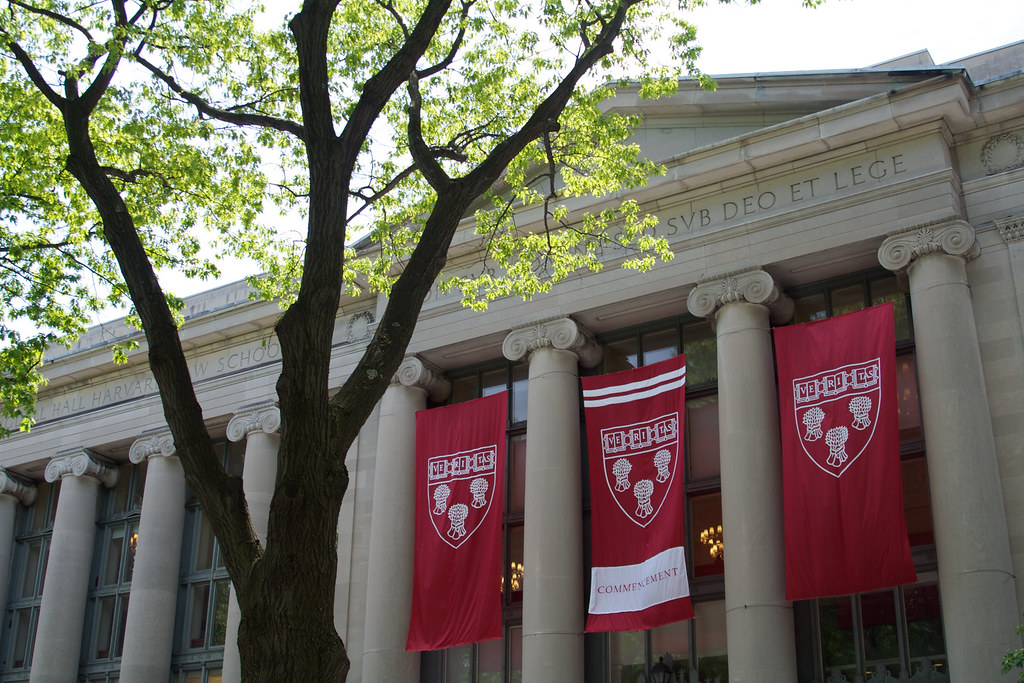
Lawyers representing Harvard University and the Trump administration faced off in a Boston courtroom Monday over the president’s decision to withhold billions in federal funding from Harvard’s education programs. The government cited concerns over antisemitism on campus as the reason for freezing more than $2 billion (£1.5 billion) in federal grants.
Judge Allison Burroughs expressed skepticism about the administration’s justification during the hearing. She questioned how cutting funds earmarked for medical research could effectively combat antisemitism, calling the government’s claims “mind-boggling.”
Government attorneys defended the funding cuts as a necessary response to anti-Jewish bias. Meanwhile, Harvard’s legal team argued that the administration’s actions unfairly interfere with the university’s internal affairs and would harm longstanding research partnerships.
Visa Restrictions and Additional Legal Battles
The case comes amid the administration’s efforts to restrict Harvard’s access to a visa system that facilitates enrollment of foreign students. Judge Burroughs, who was appointed by former President Barack Obama, has already ruled in favor of Harvard in related litigation concerning the visa issue.
Harvard is pressing for a decision by September 3 — the deadline set by the administration to resolve the university’s obligations related to federal funding. Any ruling is expected to be appealed and could eventually reach the Supreme Court.
Harvard attorney Steven Lehotsky highlighted the university’s eight-decade history of collaboration with the U.S. government on research spanning medicine, space, and artificial intelligence. He insisted there is no evidence that defunding these programs will reduce antisemitism on campus.
Government lawyer Michael Velchik, a Harvard alumnus, accused the university of prioritizing campus protests over critical research efforts. He said the administration’s actions were justified due to perceived violations of an executive order aimed at combating antisemitism.
Political and Public Reactions
The hearing was closely watched as it touches on issues of academic freedom, free speech, and government oversight. Outside the courthouse, protesters gathered holding signs urging the defense of academic independence.
President Trump criticized the judge on social media, calling her “a total disaster” and predicting an unfavorable ruling for the government that he vowed to appeal immediately.
The White House expressed confidence that Harvard will ultimately support the administration’s objectives through “good-faith conversations and negotiations.”
The funding dispute is part of a wider campaign targeting Ivy League institutions. Recently, Immigration and Customs Enforcement issued subpoenas to Harvard regarding international students, and the president has hinted at revoking the university’s tax-exempt status.
Earlier this year, Columbia University agreed to several demands including banning face coverings at protests and reviewing admissions policies after threats to withdraw $400 million in funding. However, the Department of Education has since warned of possible accreditation revocation.
What The Author Thinks
This legal battle highlights the delicate balance between government oversight and academic independence. While addressing antisemitism on campuses is undeniably important, wielding financial power to coerce universities risks undermining scholarly freedom and innovation. Such disputes should be resolved through dialogue and transparency, not punitive measures that could jeopardize vital research and education.
Featured image credit: NKCPhoto via Flickr
For more stories like it, click the +Follow button at the top of this page to follow us.
